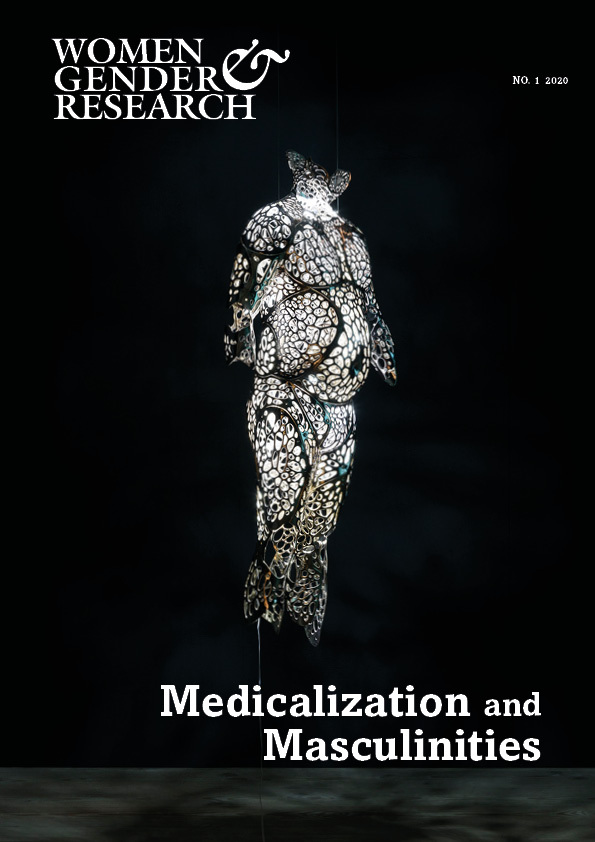The performative effects of diagnosis
Thinking gender and sexuality through diagnostic politics
DOI:
https://doi.org/10.7146/kkf.v29i1.123447Abstract
In this article, I suggest the performative effects of diagnosis as an analytical tool to explore the transformations in people’s intimate lives that being diagnosed brings with it. As an analytical term, I understand the performative effects of diagnosis to describe trajectories in people’s intimate lives that emerge in the interplay between a person’s intimate sense of self, that is, their gendered and sexualed self-perceptions, and the logics and norms contained in medical diagnoses. I develop this term in the context of ethnographic research on Danish war veterans’ understandings of and experiences with intimacy and extrapolate it conceptually in this article through scholarship in feminist theory, trans studies, STS, and medical anthropology and sociology. The argument that I make throughout is that the performative effects of diagnosis allows scholars to explore transformations in people’s intimate lives without a foreclosure about the normative dimensions of these transformations. In that sense, rather than only asking how biopolitical and cis- and heteronormative normalcy constitutes itself, the performative effects of diagnosis provide the opportunity to explore how these dimensions are (re)configured and (un)done in and through medicalized intimacies.
Downloads
Published
How to Cite
Issue
Section
License
Publications in Women, Gender and Research are licensed under Creative Commons License: CC Attribution-NonCommercial 4.0

